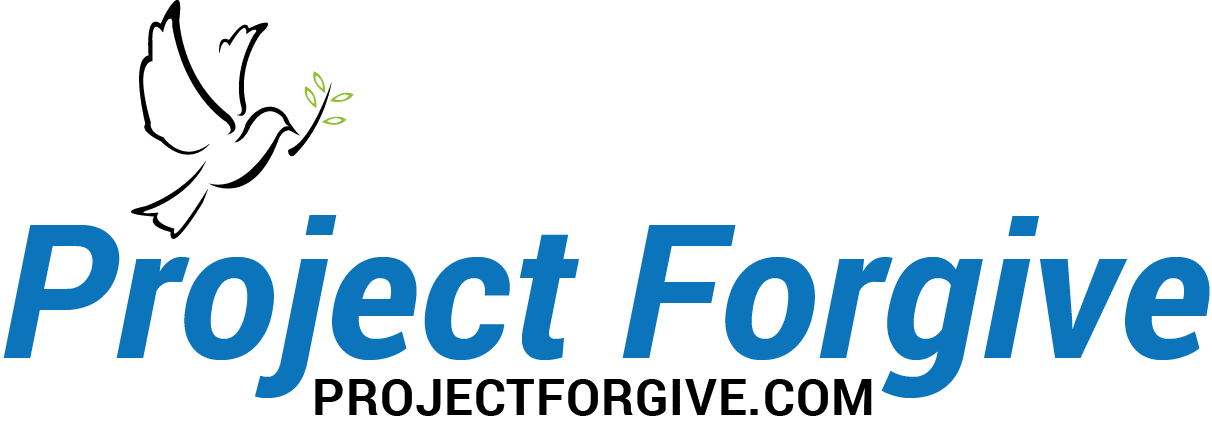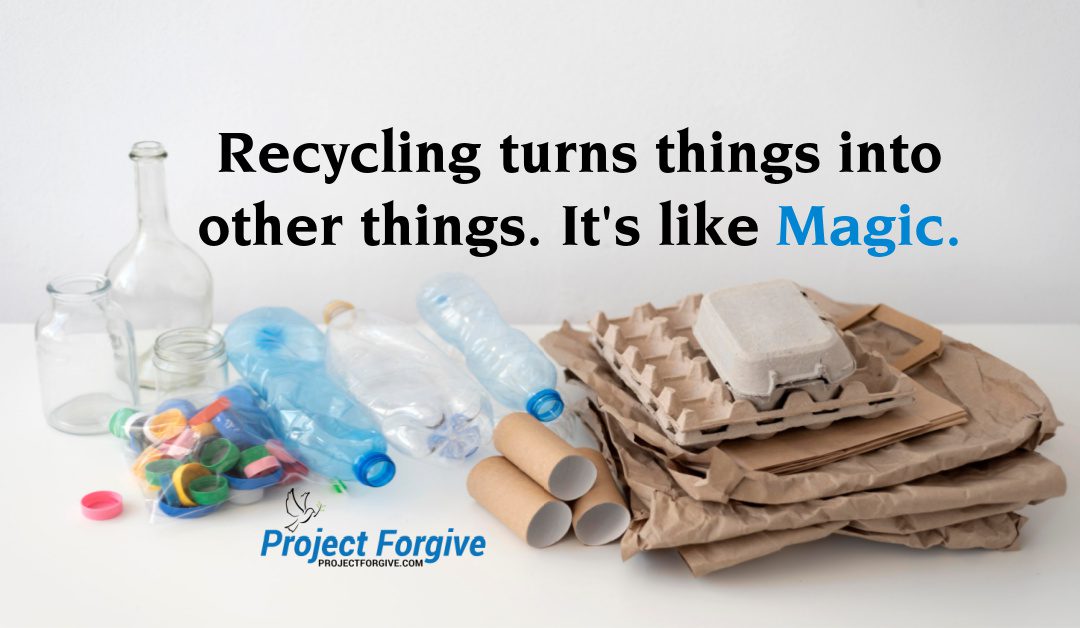My husband and I pride ourselves on being conscious of recycling. We recycle A LOT.
But recently I’ve been reading about recycling contamination. That’s when your heart is in the right place for recycling, but you’re causing more harm than good.
So where do you draw the line? Should you put it in the recycle bin just in case?
The answer is no. You could potentially contaminate an entire truck whose contents end up in a landfill.
Organizations such as Waste Management, say one out of four items will end up in the recycling bin, when it shouldn’t have been there in the first place.
With that said, we’ve demystified some the of ambiguity.
Here are the top 10 things to NOT recycle at your curb:
- Plastic Bags: Don’t do it. They clog machines and cause problems. Instead, bring those bags to your local grocery store (many recycle plastic bags in bulk), and stick to your own cloth or reusable bags.
- Pizza Boxes: If it has grease or food stains, it’s not recyclable. Instead, use it for compost. Same thing with napkins and paper towels.
- Coffee Cups: Usually coffee cups from your local barista have a plastic film and cannot be recycled. However, you can recycle the plastic lid and the heat sleeve. Another thought? Bring your own cup. Most companies let you use your own reusable cup.
- Gift Wrap: “Regular” gift wrap can be recycled. The non-shiny, non-metallic, non-glittery kind. The rest? Don’t recycle because it can contaminate the entire bin. A good way to tell is to crumple the paper. If it stays bunched up, chances are high you can recycle it.
- Soda Tabs: Soda can tabs are so little they clog recycling machinery. Instead, keep the top attached or put that top inside the can so it can’t come out.
- Aluminum, Candy Wrappers: Same as the soda tabs, aluminum wrappers clog machinery. Do not recycle them.
- Receipts: Most cash paper receipts are made of paper, but they also contain something called Bisphenol A, aka BPA. It’s actually a cancer-causing chemical. When you try to recycle receipts, the BPA gets processed with other paper pulp and contaminates the recycled paper products that are being produced. Instead, ask for no receipt. If you get one, be sure to wash your hands.
- Food Residue: That means clean out any food or beverage container before you put it in the recycle bin. Salad dressings, peanut butter, etc. can contaminate an entire truckload. Be sure to rinse containers thoroughly.
- Broken Glassware or plates: All these go into the trash: broken plates, ceramics, porcelain, mirrors, light bulbs, cups, wine glasses and pyrex. All these items have different melting points and chemical compositions compared to recyclable glass.
- Shredded Paper: I know, right? We always thought this one was a no-brainer. But nope. Shredded documents are too small to be valuable and also clog equipment. Shredded paper can be composted. Another option? You can gather your shreds in a paper bag, staple it closed and place it into recycling.
So there you have it. Hopefully, this list makes a difference when recycling.
Many cities have shared the mantra ”when in doubt, throw it out.”
Thanks for caring about our planet.
If inspired, please share.




